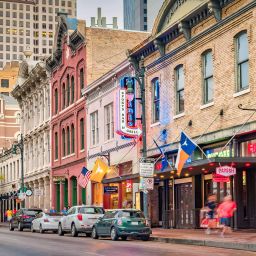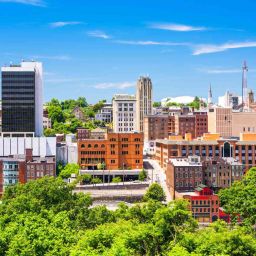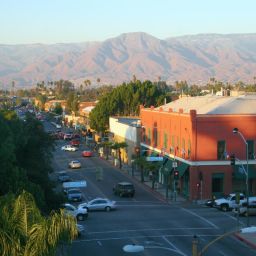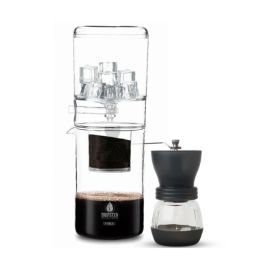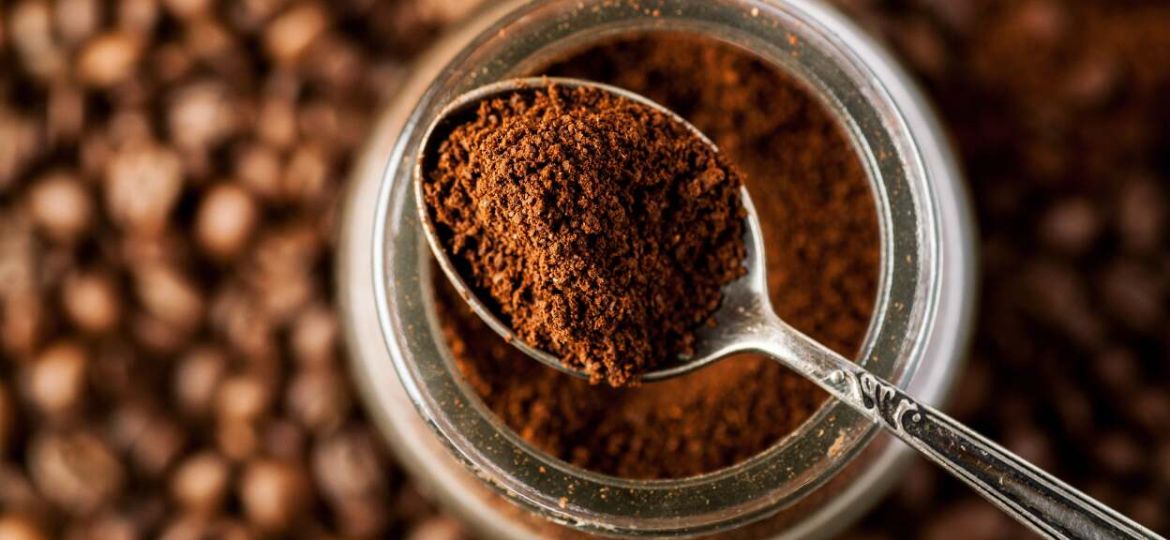
Grinding your own coffee beans is a topic that appeals to both coffee enthusiasts and those looking to enhance their daily coffee ritual. Understanding the cost-effectiveness of grinding your own coffee beans is crucial, as it impacts not only the flavor and freshness of your coffee but also your overall expenses on coffee over time.
This section delves into why grinding coffee beans at home can be a worthwhile investment and how it compares to purchasing pre-ground coffee.
What Are Coffee Beans and Their Types?
Coffee beans are the seeds of the Coffea plant, processed and roasted to various degrees to produce coffee. There are primarily two types of coffee beans available on the market: single-origin and blends. Single-origin coffee comes from a specific place, offering unique flavors and characteristics influenced by its growing environment. In contrast, blends are a combination of beans from different origins, designed to create a balanced and consistent flavor profile.
The choice between single-origin and blends significantly affects the price and flavor of your coffee. Single-origin coffees often command a higher price due to their distinctive flavors and limited availability. Blends, on the other hand, are generally more affordable and offer a reliable taste experience.
Understanding these differences is essential for any coffee drinker considering grinding their own beans, as it directly influences the cost and taste of their home-brewed coffee.
Initial Costs: Equipment Needed for Grinding
To grind coffee beans at home, one must invest in a coffee grinder, which comes in two main types: manual and electric. Manual grinders are typically more affordable and portable, making them suitable for those who value simplicity or travel frequently. Electric grinders, while more expensive, offer convenience and consistency, especially for those who brew coffee regularly.
The initial investment in a quality grinder is pivotal. A well-chosen grinder can significantly enhance the flavor of your coffee by producing more consistent grind sizes, which is crucial for the extraction process. Moreover, while the upfront cost might seem high, owning a grinder can lead to substantial savings over time.
By purchasing whole beans, which are often cheaper per unit than pre-ground coffee, and grinding them as needed, coffee lovers can enjoy fresher coffee at a lower cost per cup.
Comparison: Price of Whole Beans vs. Pre-Ground Coffee
The price disparity between whole beans and pre-ground coffee is influenced by several factors. Initially, whole beans tend to offer a higher quality, often reflected in their price. However, the bulk purchase of whole beans can be more cost-effective in the long run, thanks to their longer shelf life and the ability to grind only what is needed, reducing waste.
Additionally, the convenience factor of pre-ground coffee is factored into its cost, potentially making it more expensive per cup when considering the quality and freshness degradation over time.
The long-term cost benefits of buying whole beans are significant. Investing in whole beans and grinding them at home can lead to better coffee at a lower per-cup cost, especially for those who consume coffee regularly. This practice not only optimizes the value obtained from the coffee but also elevates the drinking experience through enhanced freshness and flavor.
Impact on Coffee Quality and Freshness
Grinding your own coffee beans is paramount to achieving the pinnacle of coffee quality and freshness. The process of grinding coffee beans right before brewing maximizes the coffee’s flavor and aroma potential, as it minimizes the exposure of the coffee’s oils and aromatics to air, which can lead to oxidation and flavor degradation. In contrast, pre-ground coffee, which is exposed to air during packaging, loses its peak flavors more quickly.
The shelf life of whole beans versus pre-ground coffee further underscores the importance of grinding at home. Whole coffee beans can maintain their freshness for several weeks when stored properly, while the shelf life of pre-ground coffee is significantly shorter. This difference means that coffee enthusiasts can enjoy a fresher cup every time by grinding beans just before brewing, leading to a superior taste and overall coffee experience.
Grinding Process and Techniques
Achieving the desired grind size and consistency is crucial for brewing the perfect cup of coffee, as it directly affects the extraction process. The grind size should match the brewing method—fine for espresso, medium for drip, and coarse for French press. Consistency in grind size ensures even extraction, preventing over or under-extraction, which can lead to bitterness or weak flavors.
Advantages of Grinding Your Own Coffee
Grinding your own coffee offers unparalleled advantages, chief among them being freshness. The moment coffee is ground, it begins to lose its aromatic oils and flavors to oxidation. Grinding beans just before brewing ensures that these essential oils are preserved, resulting in a richer and more flavorful cup of coffee.
Furthermore, the ability to customize the grind size according to the brewing method allows coffee enthusiasts to fine-tune their coffee’s taste and strength, offering a personalized coffee experience that pre-ground coffee cannot match. Beyond the tangible benefits, there is a profound joy and satisfaction in the process of grinding coffee. It adds a ritualistic aspect to the coffee preparation process, enhancing the overall experience and connection to the beverage.
Challenges and How to Overcome Them
One of the primary challenges in grinding your own coffee is achieving a consistent grind. Inconsistent grind sizes can lead to uneven extraction, affecting the coffee’s flavor. To overcome this, investing in a quality burr grinder is essential, as it offers uniform grind sizes and more control over the coarseness level. Regular maintenance and cleaning of the grinder also ensure consistent performance over time.
Is Grinding Your Own Coffee Beans Economically Viable for Everyone?
The economic viability of grinding your own coffee beans largely depends on one’s coffee consumption habits and the value placed on coffee quality. For casual drinkers, the initial investment in a good grinder and the cost of high-quality beans might not seem justifiable compared to the convenience of pre-ground coffee.
However, for coffee enthusiasts who appreciate the nuances of freshly ground coffee, the investment can enhance the quality of their daily brew, making it a worthwhile expenditure. In the long run, buying whole beans can also be more cost-effective, as it generally offers a better price per serving and reduces waste through fresher, more enjoyable coffee.
FAQs
Is It Cheaper To Grind Your Own Coffee Beans?
Grinding your own coffee beans can be cheaper in the long run, especially for regular coffee drinkers. The initial investment in a grinder is offset by the lower cost per cup when purchasing whole beans, which are generally more affordable than pre-ground coffee. Additionally, grinding beans as needed minimizes waste and ensures you’re only using what you need, contributing to overall savings.
What Lasts Longer: Coffee Beans or Ground Coffee?
Whole coffee beans last longer than ground coffee when stored properly. Whole beans have a lesser surface area exposed to air, slowing down the oxidation process and preserving freshness and flavor for weeks. In contrast, ground coffee begins to lose its quality almost immediately after grinding, with a noticeable decline in freshness within days.
Does Fresh Ground Coffee Have More Caffeine?
The caffeine content in coffee remains relatively stable whether the coffee is whole bean or ground. However, fresh ground coffee may offer a more robust flavor and aroma, leading some to perceive a stronger cup of coffee. The brewing method and the amount of coffee used play a more significant role in determining the caffeine content of the final cup.
Conclusion
Summarizing the economic and quality considerations, grinding your own coffee beans presents a compelling case for those prioritizing freshness, flavor, and a personalized coffee experience. While the initial cost of purchasing a grinder and quality beans might be higher, the long-term benefits include cost savings per cup, reduced waste, and an enhanced coffee experience.
Whole beans offer a longer shelf life than pre-ground coffee, ensuring that you can enjoy fresh, flavorful coffee with each brew. Ultimately, the decision to grind your own coffee beans is justified for enthusiasts and regular drinkers who value the ritual and quality of their coffee, making it a cost-effective choice for those willing to invest in their daily coffee ritual.



